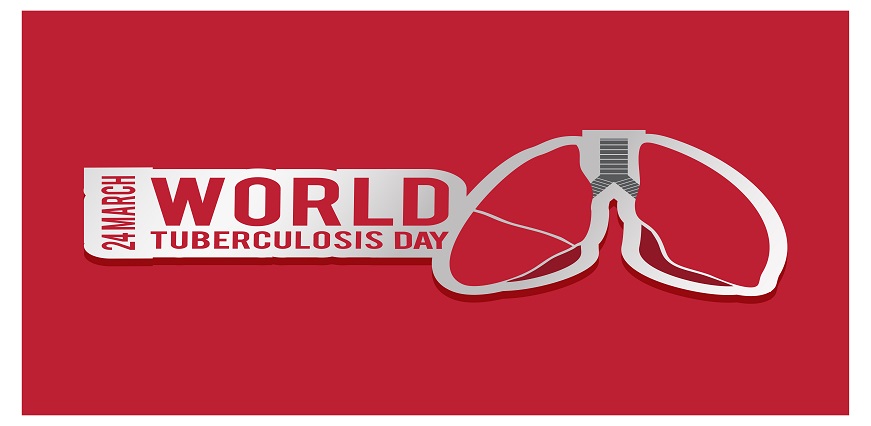





No lab centers are available in this city

Max Lab
Apr 23, 2024
Infertility is a medical condition that can affect both men and women. It refers to the inability of couples to conceive after at least one year of trying. While this issue is often seen as being associated with women, men also struggle with it. Understanding the causes and types of infertility is crucial for couples going through this challenge, as it can help them with the correct diagnosis and personalised treatment options.
Primary infertility
This case of infertility refers to couples who have never been pregnant or could not conceive even after 1-2 years of unprotected and regular sexual intercourse is called primary infertility.
Secondary Infertility
Secondary infertility refers to the inability to get pregnant again after one or more successful conceptions in the past.
Unexplained infertility
This case of infertility occurs when there is no identifiable cause for infertility in men or women who have undergone extensive fertility tests. Unexplained infertility affects about 15% of couples.
Ovulation Disorders
Any issues with ovulation can affect the release of eggs from ovaries. Ovulation disorders happen due to an overactive or underactive thyroid gland, hyperprolactinemia, and PCOS (Polycystic ovary syndrome).
Fallopian Tube Blockage or Damage
Salpingitis, inflammation in the fallopian tube, can lead to issues of blockage or damage that cause female infertility. The swelling occurs due to an infection in the reproductive organs of women called pelvic inflammatory disease.
Uterus Problems
Any issues with a uterus are also a reason for infertility in females. These issues include problems with the size and shape of the uterus, growths called uterine polyps, and issues with the cervix.
Endometriosis
In this problem, the tissue that appears as the inner lining of the uterus develops outside of the uterus. This condition affects the way the uterus, ovaries, and fallopian tubes function.
Pelvic Adhesions
It is a common condition that happens when adhesions or scarring fix adjacent organs together. This condition often develops after a pelvic surgery, such as the removal of an ovarian cyst, surgical procedure for endometriosis, or C-section.
Difficulties with Sperm reaching the female reproductive organ
Certain conditions, like premature ejaculation, cystic fibrosis, blockage in the testicle, or an injury in the reproductive organs of men, cause problems for sperm reaching the female reproductive tract. These conditions make it difficult for sperm to fertilise the egg.
Low Sperm Quality
A sperm count below 15 million, sperm with an unusual shape, and low sperm motility are some conditions in men who face difficulties fertilising the egg. The medical conditions include hormone issues, genetic defects, undescended testicles, and health issues like diabetes. Also, infections like mumps, gonorrhoea, and chlamydia can impact sperm numbers and cause male infertility.
Environmental Factors
Some environmental issues, like exposure to pesticides or other chemicals, can cause infertility in men. Also, some medications for high blood pressure, bacterial infections, and depression can affect male fertility. Apart from this, testicles, if exposed to heat for a longer time, such as in hot tubs or saunas, can lead to male infertility.
Treatment for cancer, like radiation and chemotherapy, can affect sperm production, eventually leading to infertility in men.
Risk Factors for Both
Infertility Tests for Male
Men should consult a doctor who will perform a physical examination and ask about their health records, current medications, and sexual habits. If there is any abnormality, the doctor may prescribe one or more of the following tests:
Infertility Tests for Female
For women, age and infertility have always been closely linked. Women over 35 should consult a doctor after one year of trying to conceive a child. The doctor will ask about their menstruation cycle, medical history, sexual habits, and medications. Women also need to go through a gynaecologic examination.
They may be prescribed the following tests:
Sometimes, treatment involves both partners, but other times, only one person needs infertility treatment. Some of the common treatment options include:
In most cases, couples have a higher chance of pregnancy. Solutions like surgery, medicines, and art (assisted reproductive technology) can help people in the management of infertility. Sometimes, doctors recommend couples increase the timing and frequency of intercourse and make some lifestyle changes to boost their pregnancy chances.












Sign up takes less than 60 secs and gives you access to your offers, orders and lab tests.
Looks like you are not registered with us. Please Sign up to proceed
OTP will be sent to this number by SMS
We have successfully received your details. One of the agents will call you back soon.
 To reach our help desk call 9213188888
To reach our help desk call 9213188888
No Lab Centers are available in this city
Looks like you are not registered with us. Please Sign up to proceed
OTP will be sent to this number by SMS
Not Registered Yet? Signup now.Looks like you are not registered with us. Please Sign up to proceed





 7982100200
7982100200.png)
Comments